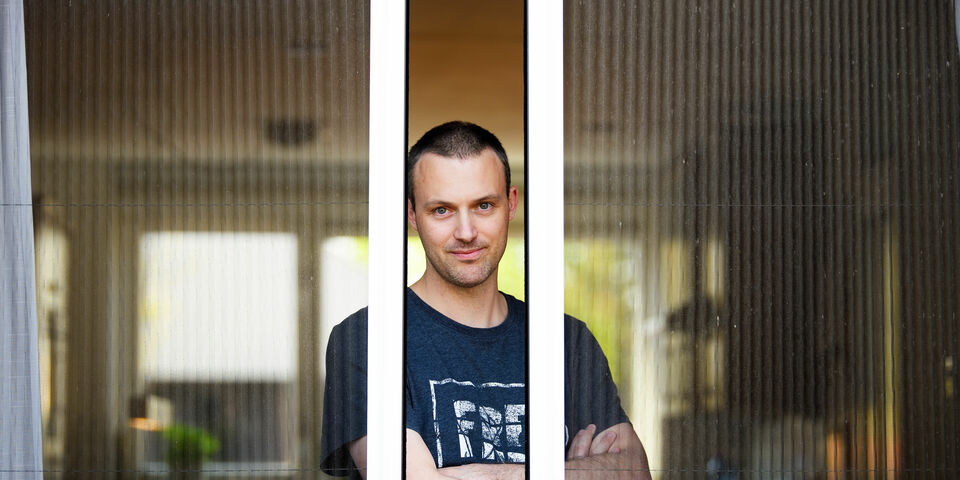Digital night-time curfew
The government and the media spent the past months making us ready for a night-time curfew. Long before it came into force, we were told what the rules were and that it would be a necessary measure. And when the night-time curfew was finally imposed, most people accepted it. After all, we had already done so in our minds. Only a few people asked the question: ‘What problem does it solve?’
Since our society is fully aware of the fact that we’re dealing with a very nasty virus, most people are willing to accept the night-time curfew. It can be very frustrating to hear people compare this pandemic to a common flue, especially if you’ve lost someone close to you who used to be in perfect health. And so, we take the situation seriously and accept the fact that we don’t know the night-time curfew’s precise effects on the spread of the virus.
TU/e also takes the night-time curfew seriously. Buildings closed at seven p.m. in order to keep staff members and students safe. The reasoning behind that decision was that you could be home by nine in the evening. Teachers who had to reschedule evening exams were given a gift certificate for a coffee to-go from Coffeelab, which they could drink with someone else, at a one-and-a-half-meter distance. I’ve added that certificate to my gift certificate quartet.
Similar to the government, TU/e has been making us ready during the past few months for yet another major change in education. We’re presented with a complete overhaul of the Bachelor College, via internal memos, presentations and vision documents. The university intends to make structural changes to basic courses, and it plans to once again radically reorganize curricula. Only a few people ask the question: ‘What problem does it solve?’
Students mostly report a lack of cohesion in their curricula, and they complain about specific basic courses. Let’s try to solve those problems locally. Redesign (or scrap) courses with low scores and give departments more freedom to design their programs. I’m convinced that departments are capable of designing perfectly coherent curricula that meet the requirements for challenge-based learning, design-based learning or portfolios with professional skills.
And if TU/e thinks that we’re in an emergency situation that asks for drastic measures, I propose a digital night-time curfew. No work-related video connections will be allowed between six p.m. and eight a.m. What problem does that solve? Ask your housemates, over a cup of coffee or something stronger.


Discussion